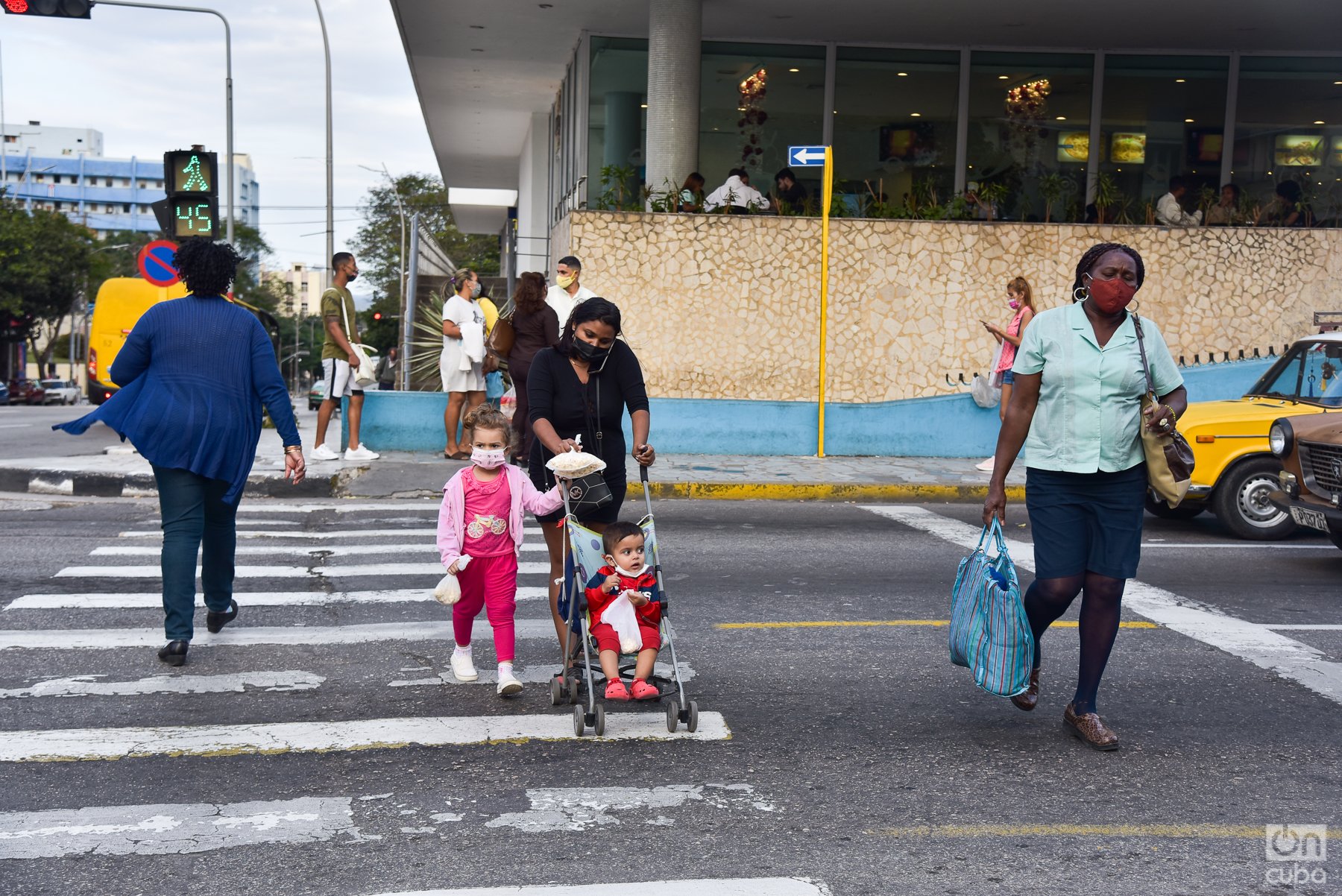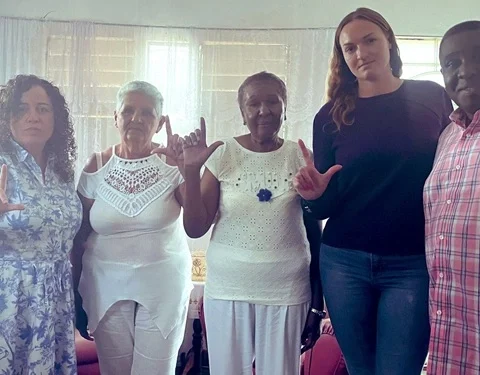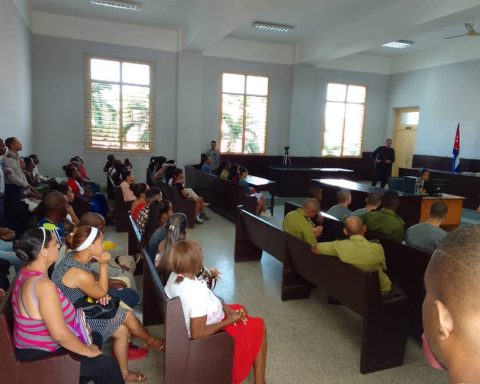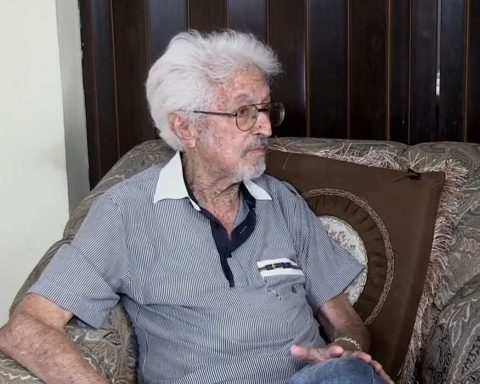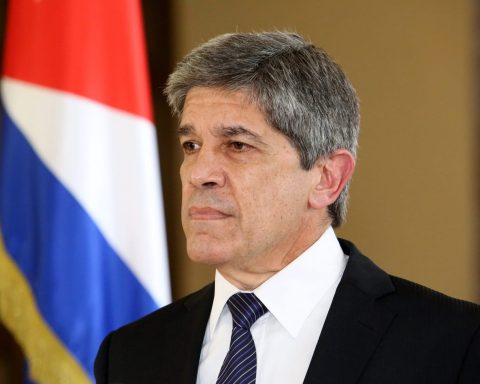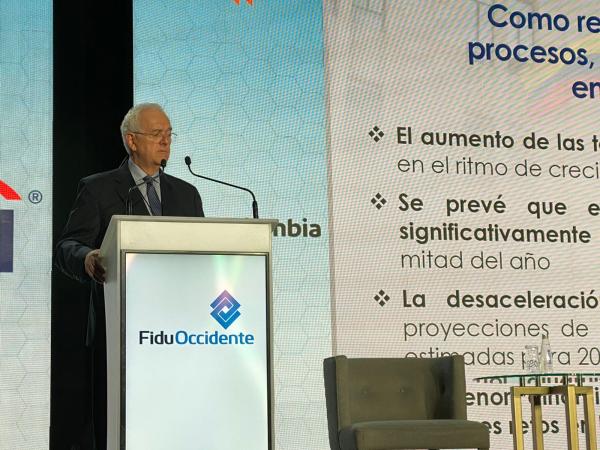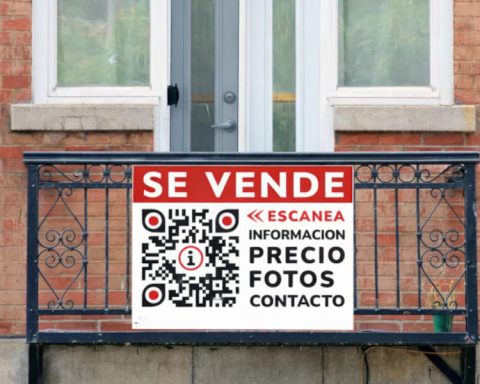The National Electoral Council (CEN) of Cuba reported this Thursday that it will enable more than 21,000 schools for the referendum of the Family Codea legislative package that contemplates, among other things, same-sex marriage.
The vice president of the CEN, Tomás Amarán, declared to state television on the island that “the documentation of the process is ready” and that “they are working on printing around 10 million ballots.”
The official added that “special schools” were created for those people who are not in their province of residence on the day of the vote.
The version that will be submitted to a referendum, number 25, It was passed on July 22 by the National Assembly of People’s Power.
The schools will open at 7:00 a.m. local time (11:00 GMT) and will close at 6:00 p.m. local time (22:00 GMT) on Sunday, September 25, according to the schedule released in July by the CEN.
The result of the vote will be released five days later, will be binding and will require a simple majority: more than 50%, either for or against.
The question will be: “Do you agree with the Family Code?”, then recalled the president of the CEN, Alina Balseiro.
Only Cubans over the age of 16 with effective residence in the country up to two years before the referendum will be able to vote in the referendum.
Voting outside of Cuba will be allowed only for workers and collaborators of the diplomatic representations of the Island, and they will do so on September 18.
Cubans residing abroad will participate in the referendum only if they are in the country on the day of the vote.
The Family Code is the only regulation submitted to a referendum among the 70 updated after the entry into force in 2019 of the new Constitution.
The law regulates interpersonal and family relationships, and covers issues that have been the subject of controversy, such as same-sex marriage, adoption by homosexual couples, and surrogacy or solidarity, as it is named in this text.
The Code went through a wide consultation between February and April in which 6.4 million people participated, according to official figures, and, if approved in September, it will replace the norm in force since 1975.
